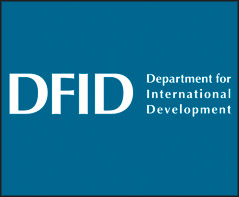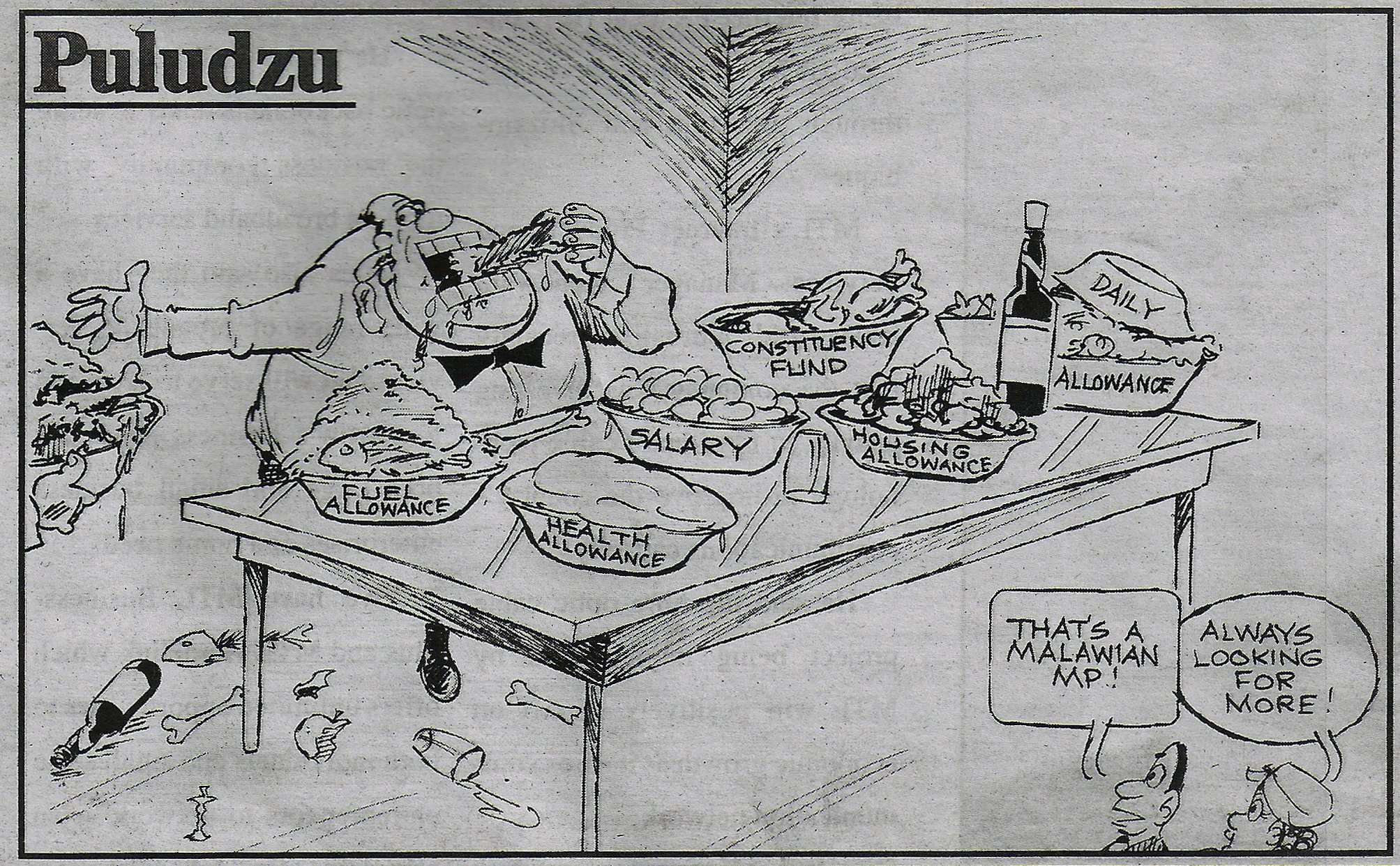 The problem of health workers has reached “a global crisis point”. World Health Organisation (WHO) estimates that the world is 4.2 million short of health workers. Global financial and resources inequalities means that the shortage is more critical in developing countries, as doctors and nurses are moving to developed countries for better salaries and better working conditions.
The problem of health workers has reached “a global crisis point”. World Health Organisation (WHO) estimates that the world is 4.2 million short of health workers. Global financial and resources inequalities means that the shortage is more critical in developing countries, as doctors and nurses are moving to developed countries for better salaries and better working conditions.
Of 57 countries that WHO has identified as being at a “crisis point”, 36 are in sub-Saharan Africa. The region has 48 countries. In some worst cases, rural hospitals are said to have “only one doctor and handful of nurses to attend to thousands of patients.” IRIN report has said.
According to the report, WHO has recently “released a global code of practice on the international recruitment of health personnel, which discourages member states from actively recruiting health workers from developing countries facing critical personnel shortages.” It is not clear whether the code is legally binding or enforceable by any law.
Evidence suggests that retaining health workers require incentive programmes within developing countries. This is a big problem for countries that often have meagre resources for running their economies, they rely on donations as a result. Between 2004 and 2010 Malawi received “significant support from Britain’s Department for International Development (DFID) to implement an emergency human resource programme that included a 52% top-up for all health workers” with an added incentive for those working in the rural areas.
The programme succeeded in slowing the number of doctors and nurses leaving the country. “Only 16 nurses left the country in 2009 compared to 108 in 2003?, says Martha Kwataine of The Malawi Health Equity Network. With the recent announcement by DIFD that it will not be continuing with the support (following a diplomatic spat between British and Malawi governments), Kwataine fears that Malawi government will not be able to continue with the programme; a development that Kwataine thinks may start “a new wave of [health workers] migration.”
By Jimmy Kainja
Subscribe to our Youtube Channel:


.jpeg&w=60&q=100&h=60)


.jpeg&w=60&q=100&h=60)







